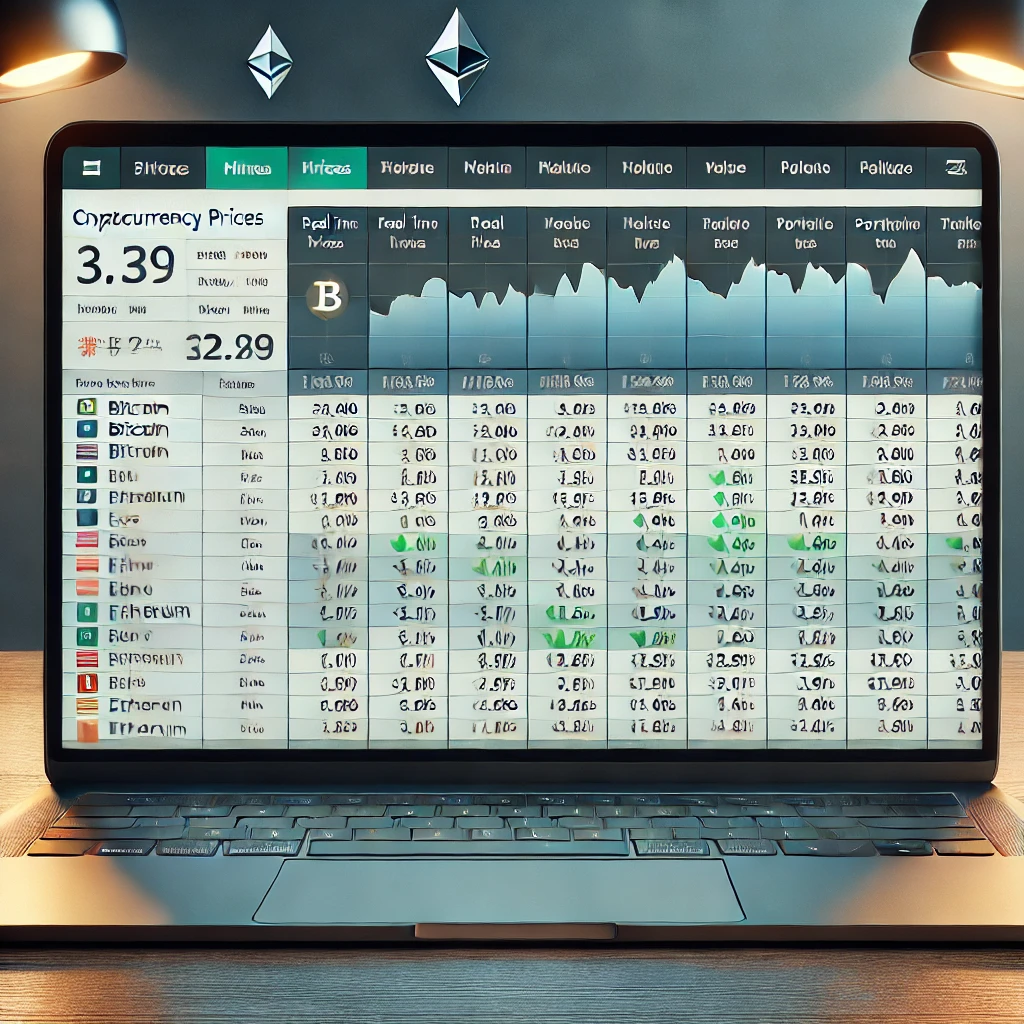Over the past few years, the realm of cryptocurrency has surged into the financial spotlight, attracting the attention of seasoned investors and newcomers alike. At the heart of this digital revolution lies crypto trading, a practice that allows individuals to buy, sell, and exchange cryptocurrencies like Bitcoin, Ethereum, and many others. However, navigating the complex landscape of crypto trading can be daunting for beginners. Fear not! In this guide, we will delve into the fundamentals of crypto trading, covering everything from understanding the market to developing effective trading strategies.
Understanding Crypto Trading
Before diving into the world of crypto trading, it’s essential to grasp the basics. Unlike traditional financial markets, which operate during specific hours, the cryptocurrency market is open 24/7, allowing traders to buy and sell assets at any time. Additionally, cryptocurrencies are decentralized, meaning they are not controlled by any government or central authority.
Choosing the Right Exchange
The first step in your crypto trading journey is selecting a reputable exchange platform. With numerous options available, it’s crucial to research each platform’s security measures, trading fees, and available cryptocurrencies. Popular exchanges like Binance, Coinbase, and Kraken offer user-friendly interfaces and a wide range of trading pairs.
Creating a Trading Strategy
Successful crypto trading requires a well-defined strategy tailored to your risk tolerance and investment goals. Whether you’re a day trader looking to capitalize on short-term price movements or a long-term investor hodling for the future, having a clear plan is essential. Consider factors such as technical analysis, fundamental analysis, and market sentiment when crafting your strategy.
Managing Risk of crypto trading
As with any form of trading, there are inherent risks involved in crypto trading. Volatility is a defining characteristic of the cryptocurrency market, with prices often experiencing rapid fluctuations. To mitigate risk, exercise caution regarding scams and fraudulent activities that are prevalent within the crypto space. Additionally, employ risk management techniques such as setting stop-loss orders, diversifying your portfolio, and avoiding emotional decision-making. The crypto market is constantly evolving, with new developments and trends emerging regularly. To stay ahead of the curve, it’s essential to stay informed about industry news, regulatory changes, and technological advancements. Follow reputable crypto news sources, join online communities, and engage with fellow traders to stay updated.
Avoiding Common Pitfalls
In the fast-paced world of crypto trading, it’s easy to fall prey to common pitfalls. Avoiding FOMO (fear of missing out), chasing pumps, and neglecting proper research are mistakes that can lead to significant losses. Remember, just as Rome wasn’t constructed in a day, building a successful trading career takes time and dedication. Additionally, be vigilant against scams and fraudulent schemes that may compromise your investments.
The Importance of Patience
Patience is a virtue in the world of crypto trading. While the allure of quick profits may be tempting, successful trading requires discipline and patience. Avoid impulsive decisions and focus on the long-term growth of your portfolio. Remember, just as Rome wasn’t built in a day, and neither is a successful trading career.
Conclusion of Crypto Trading
Crypto trading offers a unique opportunity for individuals to participate in the burgeoning cryptocurrency market. By understanding the fundamentals, choosing the right exchange, and developing a sound trading strategy, you can navigate the complexities of crypto trading with confidence. Remember to manage risk, stay informed, and exercise patience on your journey to becoming a successful crypto trader. Happy trading!
















